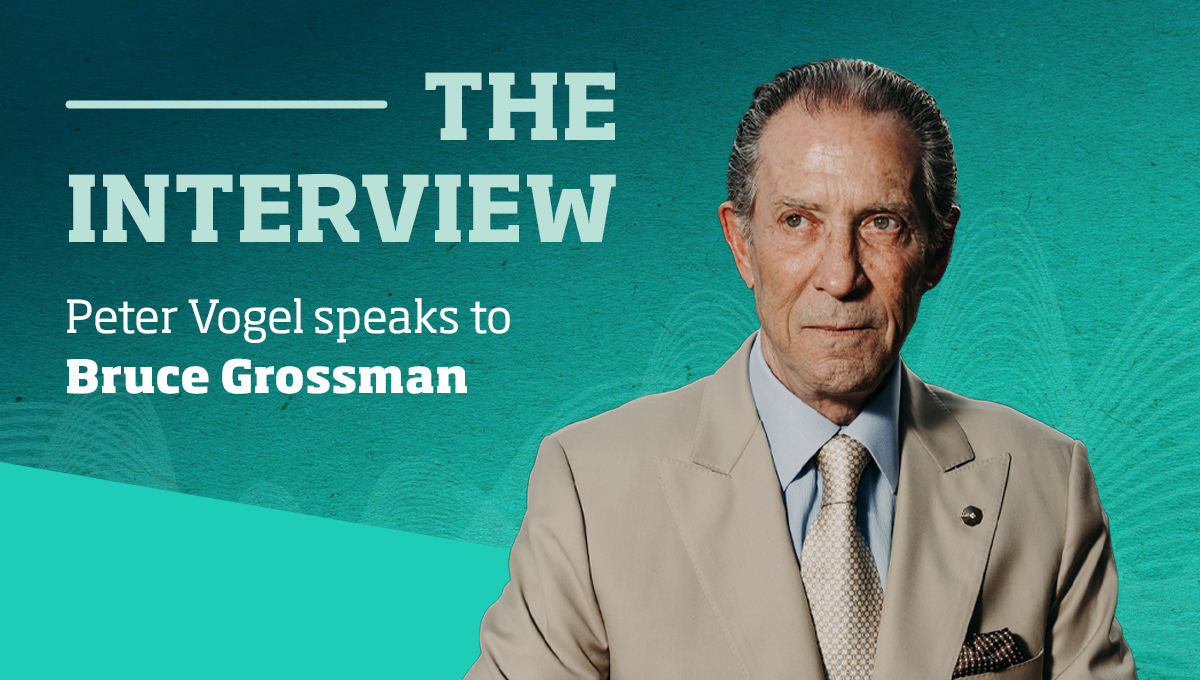
Europe’s innovation, America’s boon
Personal assistant applications and their soothing voices have changed our lives. They listen to everything we say on our phones and tablets in our offices and living rooms, and predict our wants and needs. Apple’s Siri is the most famous. Its story is telling about the relationship between innovation and geography in our times.
Originally, the real Siri (Kalvig) was a weather anchor woman on Norwegian television. She was considered attractive and became widely popular, with half of Norway falling in love with her. And among them was Dag Kittlaus who worked on voice recognition. He went on to name his company Siri. A few years later, Steve Jobs called him and made a deal to buy his company for USD $200 million. A fairy tale? For him yes, for Europe less. Siri is just one of many European ground-breaking inventions, such as Skype or DeepMind, bought by major US technology companies in recent years.
In Europe, entrepreneurs rarely create companies around their inventions; they usually end up selling them. Efforts to support start-ups and to encourage them to grow are obviously commendable. But in the “Old Continent” we fail to transform these new innovations into larger businesses that create jobs and pay local taxes.
In the United States, companies with top market capitalization such as Apple, Alphabet, Microsoft, Amazon, and Facebook have relatively short histories. And while these companies are innovative on their own, they are also extremely competitive in acquiring discoveries made by others.
Between 2001 and 2006, these five companies bought 52 technology start-ups which originated in Europe. To do so, they have used the huge amount of liquidities from their balance sheets, overall amounting to more than USD $500 billion. In general, US companies are more aggressive in buying companies than European ones. During the same period, 82% of all start-up acquisitions in the United States and Europe were made by US companies; 21% by companies from Silicon Valley alone.
That means that surprisingly, the money that many countries’ government programs provide to support innovation and start-ups are in fact indirectly subsidizing the research of large US technology companies. Many of these internet giants have realized that it is often more efficient to buy a promising start-up than investing a lot of money in endogenous research that may not pay off.
So then, why aren’t our young European entrepreneurs creating businesses around their innovations? Undoubtedly, economic and financial structures do not support them well enough. But it’s also a question of attitude. Being entrepreneurs at heart, they do not want to become managers and take care of the administration of a company that will inevitably become bigger. For the most part, they prefer to sell their start-ups, cash in, improve their living conditions after years of hardship, and maybe create another start-up.
Therefore, it is important to connect better managers and start-ups. At Google, Larry Page and Sergei Brin hired Eric Schmidt (former CEO of Novell) to free them from managerial constraints. Mark Zuckerberg did the same with Sheryl Sandberg (McKinsey) for Facebook. As for Bill Gates, he left his role as chairman of the board to Satya Nadella to remain “Founder and technology advisor.”
Siri is not alone in her misfortune. Once upon a time, people emigrated from Europe to the United States to sell their work. Today, it is young entrepreneurs who emigrate to sell their start-ups.
Stéphane Garelli is Professor Emeritus at IMD where he founded the World Competitiveness Centre.
Research Information & Knowledge Hub for additional information on IMD publications
The case examines the entrepreneur-led carve out and buyout of dss+, DuPont’s safety and sustainability consulting division, by Gyrus Capital and dss+ management team. dss+ (formerly “DuPont Sustainable Solutions”) played a pivotal role in high-ri...
This study investigates whether male and female entrepreneurs exhibit systematic differences in the customer learning actions they pursue, and how those actions convert to venture performance. Drawing from a dyadic sample of founders and startup a...
Venture capital and private-equity funding for deep tech promising to address society’s greatest challenges has doubled its share globally in the past decade. Moreover, governments are increasingly prioritizing deep tech, which is often “dual use”...
BARCELONA, JANUARY 2023. What started in 2016 as a humble entrepreneurial attempt to contribute to a more sustainable future had turned into a solid eyewear brand present in major Western markets. François van den Abeele was even more excited by t...

Honda and Nissan's $58bn merger aims to compete with China's EV dominance, but risks include cultural clashes, overlapping markets, and uncertain innovation outcomes.

Explore top books, websites, and podcasts recommended by IMD expert Jim Pulcrano for anyone venturing into or exploring venture capital, from entrepreneurs to investors.

Bruce Grossman shares his family’s journey from mining to building Arca Continental, Latin America's second-largest Coca-Cola bottler, and their commitment to legacy and impact.
When the dotcom bubble burst in March 2000, this did not stop the world from going digital, but it did poke holes in the concept of trust, especially in the digital world. David Goldenberg, a Belgian entrepreneur with extensive experience in manag...
Family businesses hold a unique place in the economic and social landscape. They represent not just entrepreneurship but also heritage, values and a legacy passed down through generations.
Family businesses have long been the backbone of the global economy, contributing significantly to employment, innovation, and economic resilience. As we approach 2025 and beyond, family businesses must adapt to a range of emerging trends to stay ...
Case reference: IMD-7-2639 ©2025
Research Information & Knowledge Hub for additional information on IMD publications
in Entrepreneurship Theory and Practice 14 February 2025, ePub before print, https://doi.org/10.1177/10422587241311119
Research Information & Knowledge Hub for additional information on IMD publications
in Forbes.com 28 January 2025
Research Information & Knowledge Hub for additional information on IMD publications
Research Information & Knowledge Hub for additional information on IMD publications
Research Information & Knowledge Hub for additional information on IMD publications
Research Information & Knowledge Hub for additional information on IMD publications
Research Information & Knowledge Hub for additional information on IMD publications
Case reference: IMD-7-2611 ©2024
Research Information & Knowledge Hub for additional information on IMD publications
Research Information & Knowledge Hub for additional information on IMD publications
Research Information & Knowledge Hub for additional information on IMD publications

